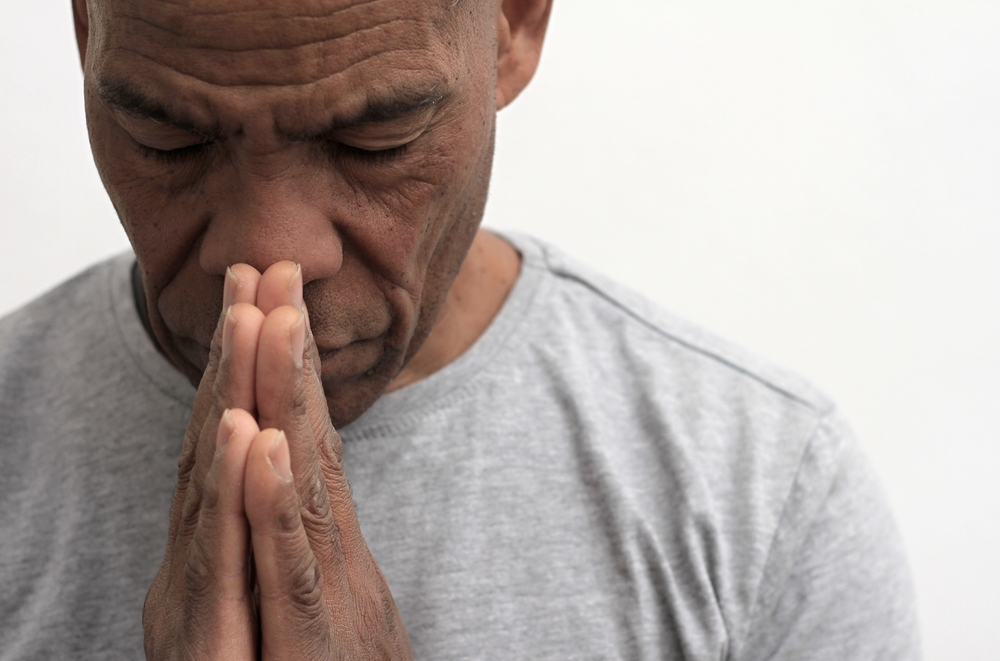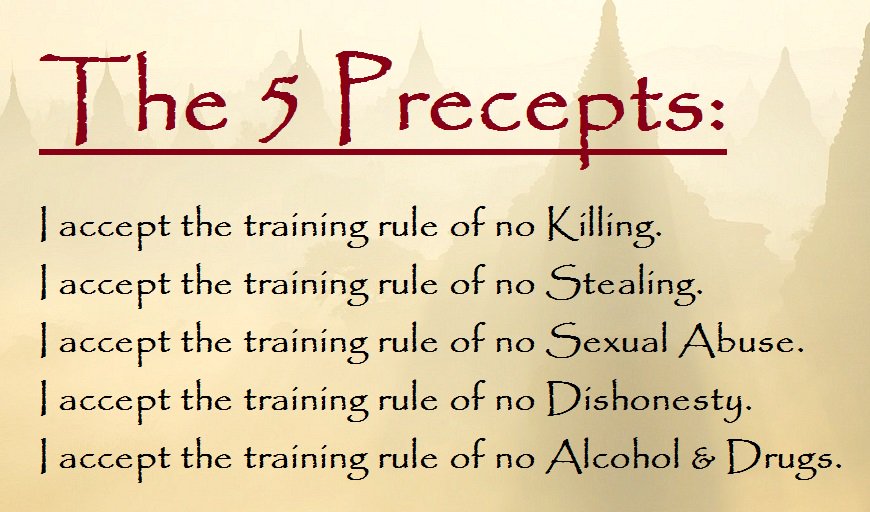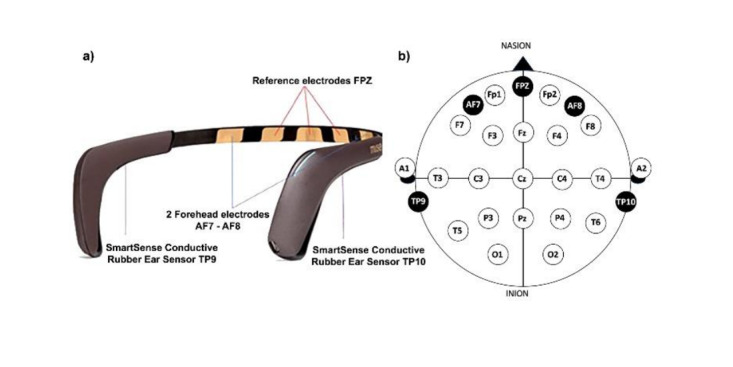
By John M. de Castro, Ph.D.
In today’s Research News article “Spirituality-Based Intervention in Hypertension: EFfects on Blood PrEssure and EndotheliaL Function-FEEL Trial Results” (See summary below or view the full text of the study at: https://pmc.ncbi.nlm.nih.gov/articles/PMC11759529/) Teixeira and colleagues compared the effectiveness of an online based spirituality intervention to a routine care control condition on patients with hypertension. Hey found that the spirituality intervention produced significant reductions in systolic blood pressure and flow mediated dilation.
Spirituality improved blood pressure in patients with hypertension.
CMCS – Center for Mindfulness and Contemplative Studies
This and other Contemplative Studies posts are also available on the Contemplative Studies Blog http://contemplative-studies.org
Study Summary
Teixeira MEF, Barroso WKS, Brandão AA, et al. Spirituality-Based Intervention in Hypertension: EFfects on Blood PrEssure and EndotheliaL Function-FEEL Trial Results. Glob Heart. 2025;20(1):6. Published 2025 Jan 21. doi:10.5334/gh.1390
Abstract
Background:
Emerging evidence suggests that spirituality improves patient outcomes, however, this has undergone only limited evaluation in randomized trials. Hypertension is a major cause of cardiovascular morbidity and mortality worldwide.
Objectives:
To evaluate whether a spirituality-based intervention, compared to a control group, can reduce blood pressure (BP) and improve endothelial function after 12 weeks in patients with mild or moderate hypertension (HTN).
Methods:
Open randomized controlled trial of adults with stage I or II hypertension. Following baseline evaluation, including lifestyle questionnaires, and measurements of office and central blood pressure (BP), home blood pressure monitoring (HBPM) and flow mediated dilation (FMD), patients were randomized to a spirituality-based intervention, which included training for forgiveness, gratitude, optimism, and life purpose delivered by daily WhatsApp communications, or to the control group (CG). Main outcomes were between group difference in change from baseline to 12 weeks in office and central BP, HBPM and FMD, using t-tests, analyses of covariance (ANCOVA) adjusting for baseline differences, and, in addition, missing data imputation as a sensitivity analysis.
Results:
Fifty-one patients were randomized to spirituality-based intervention and 49 to control group. Baseline characteristics were well balanced between groups. Spirituality training, compared with control, improved 7.6 mmHg office systolic blood pressure (SBP), 4.1 mmHg central SBP and 4.1 percentage points FMD. Compared to control group, t-test demonstrated statistical significance for office SBP (–7.04 mmHg, p = 0.047) and FMD (7.46 percentage points, p < 0.001), and ANCOVA adjustment for baseline differences showed statistical significance for central SBP (–6.99 mmHg, p = 0.038) and FFMD (7.95 percentage points, p < 0.001) There was no significant effect on HBPM.
Conclusion:
A spirituality-based intervention was associated with improved control of office SBP and FMD. These findings will be prospectively evaluated in a nationwide larger and well-powered RCT.






